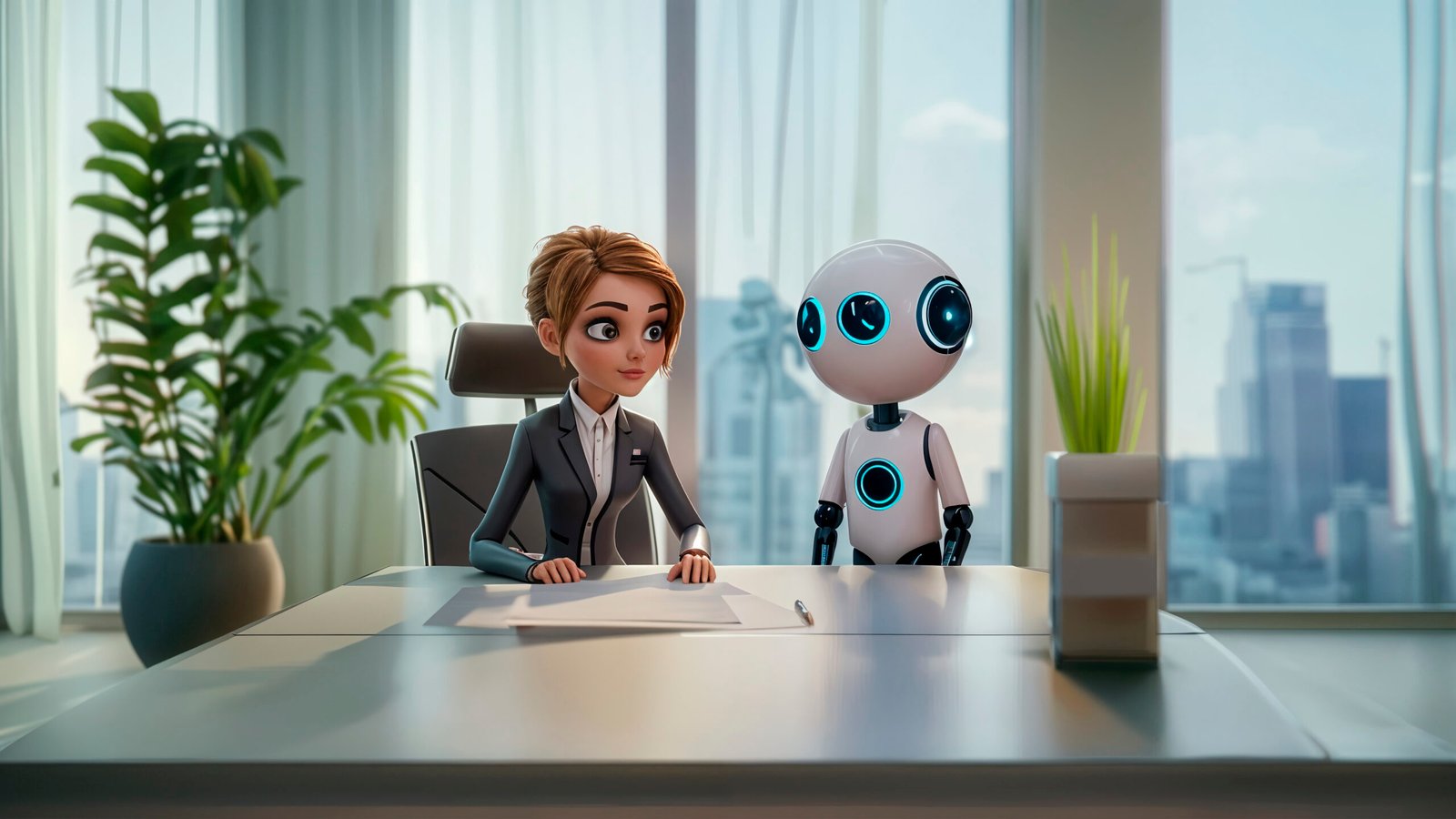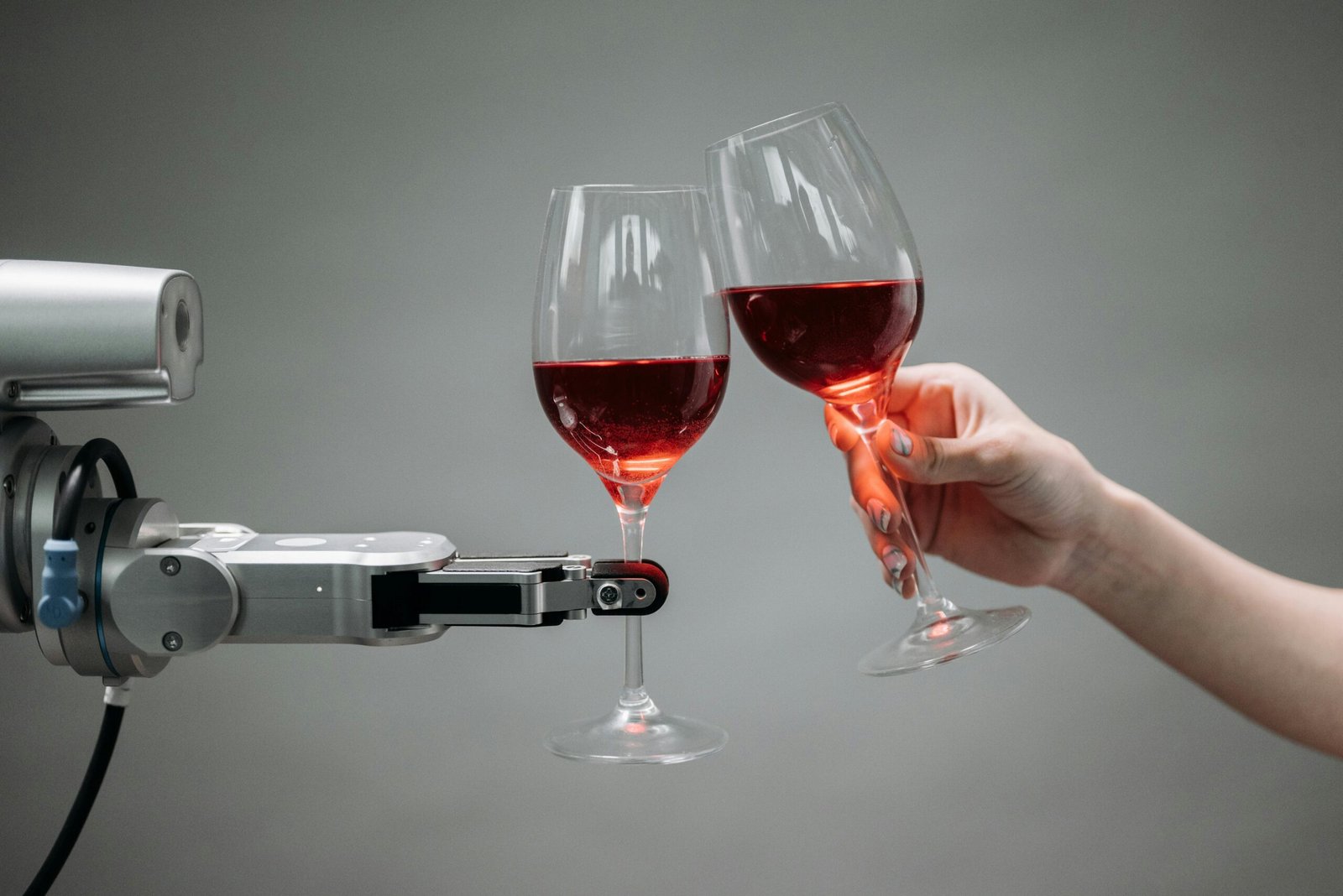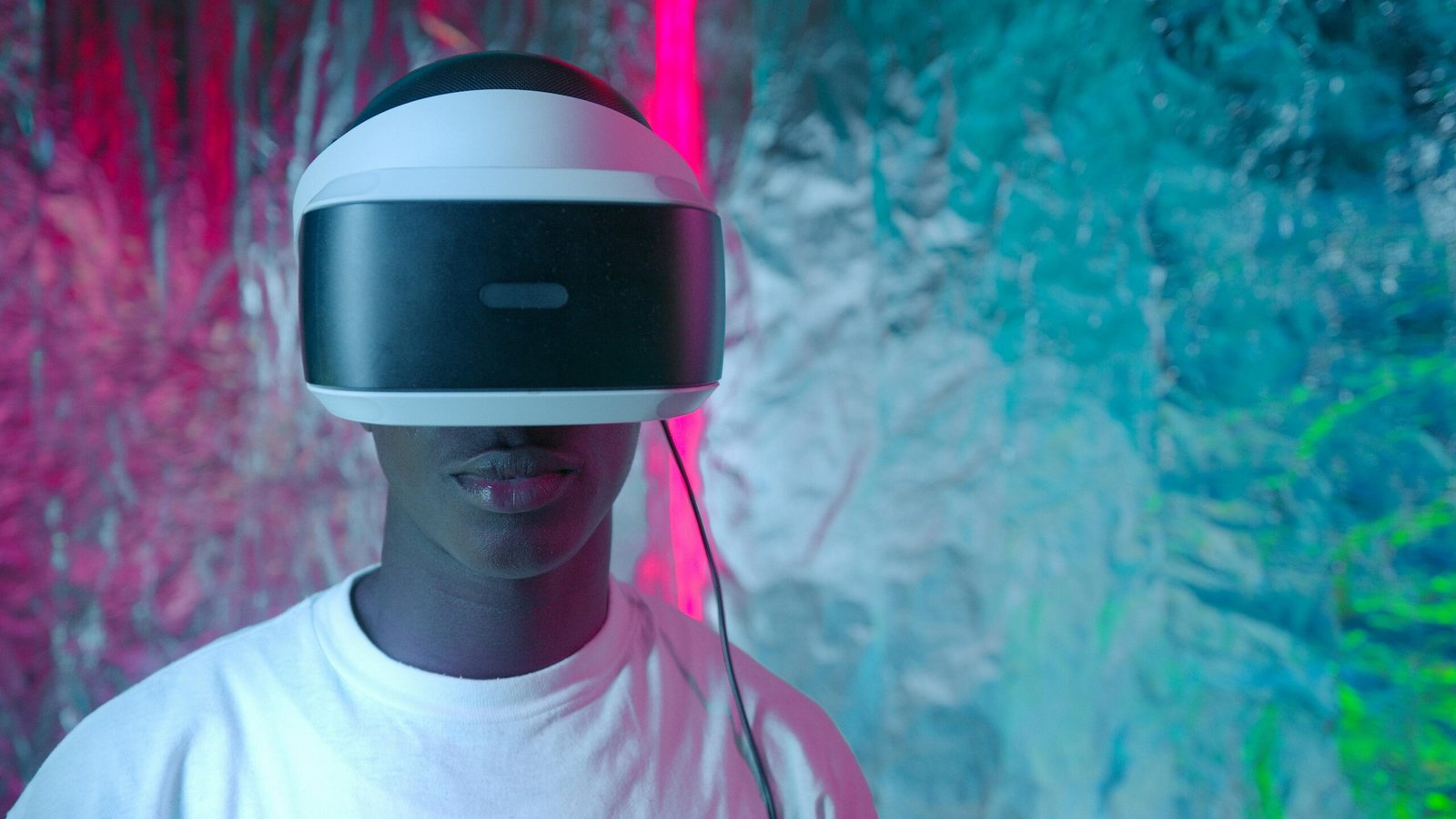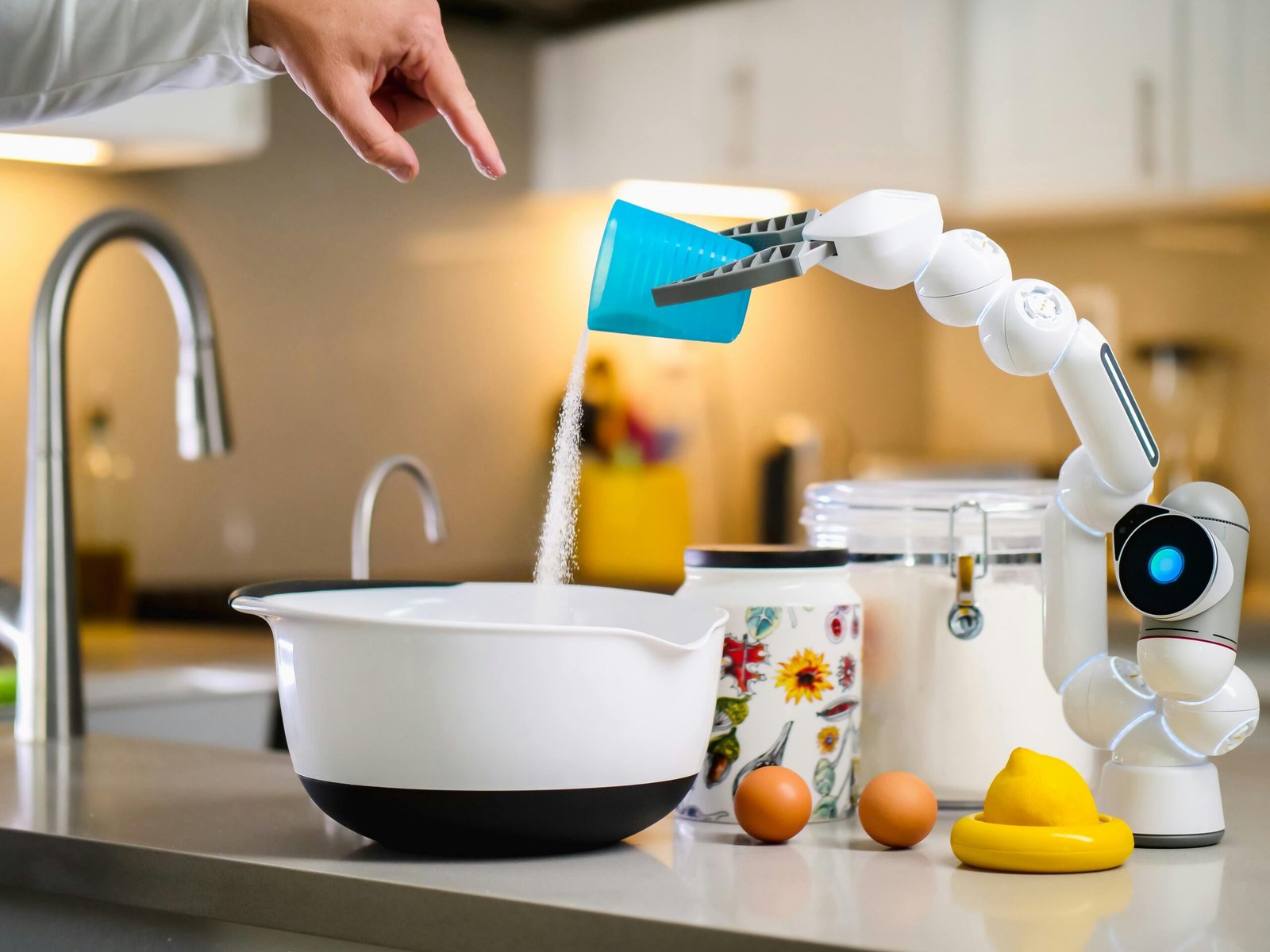In today’s fast-paced digital world, Artificial Intelligence (AI) is not just a buzzword; it’s a game-changer, especially in Human Resources (HR). From recruitment and employee engagement to predictive analytics and personalized learning, AI is transforming traditional HR functions into agile, data-driven, and employee-focused experiences.
Recruitment: Smarter, Faster, and Bias-Free
AI-powered tools like HireVue and Eightfold.ai are revolutionizing how HR teams source, screen, and select talent. These platforms use natural language processing (NLP) and machine learning to analyze resumes, conduct video interviews, and assess soft skills—dramatically reducing time-to-hire and eliminating unconscious bias.
Predictive analytics enables HR professionals to anticipate hiring needs and pinpoint top candidates ahead of the competition. Instead of sifting through hundreds of resumes, recruiters now receive ranked shortlists generated by intelligent algorithms.
Employee Engagement & Retention
AI doesn’t stop after onboarding. Tools like Leena AI and IBM Watson Orchestrate are redefining employee engagement by offering real-time feedback, personalized wellness recommendations, and 24/7 HR support through chatbots.
These AI solutions detect early signs of dissatisfaction or burnout, helping companies proactively address issues and improve employee retention rates. With machine learning algorithms tracking engagement metrics, HR leaders can now make data-backed decisions to foster workplace satisfaction and reduce turnover.
Data-Driven Decision Making
One of the most powerful transformations AI brings to HR is real-time data analysis. By analyzing workforce trends, AI tools like SAP SuccessFactors provide actionable insights into performance, diversity, compensation equity, and training needs.
This change lets HR plan ahead instead of only fixing problems, so they can spend money better, manage employees well, and work toward the company’s goals.
Learning & Development
AI customizes learning paths based on employee behavior, skills gaps, and career aspirations. Platforms like Pymetrics and Coursera for Business (with AI integrations) deliver adaptive training programs that enhance employee upskilling and career development, all aligned with company objectives.
Virtual Assistants & Self-Service Portals
AI chatbots such as Paradox’s Olivia and Leena AI now serve as the first point of contact for HR queries—answering questions about policies, payroll, and leave balances instantly. These type of tools enable HR related professionals to keep focus on employee centered tasks and higher level strategic initiatives.
Final Thoughts
The role of HR is shifting from administrative support to strategic leadership, and AI is the catalyst. Companies adopting AI in HR report increased efficiency, employee satisfaction, and competitive advantage in talent acquisition.
As AI continues to evolve, HR leaders must stay ahead by embracing tools that not only streamline operations but also humanize the workplace.




